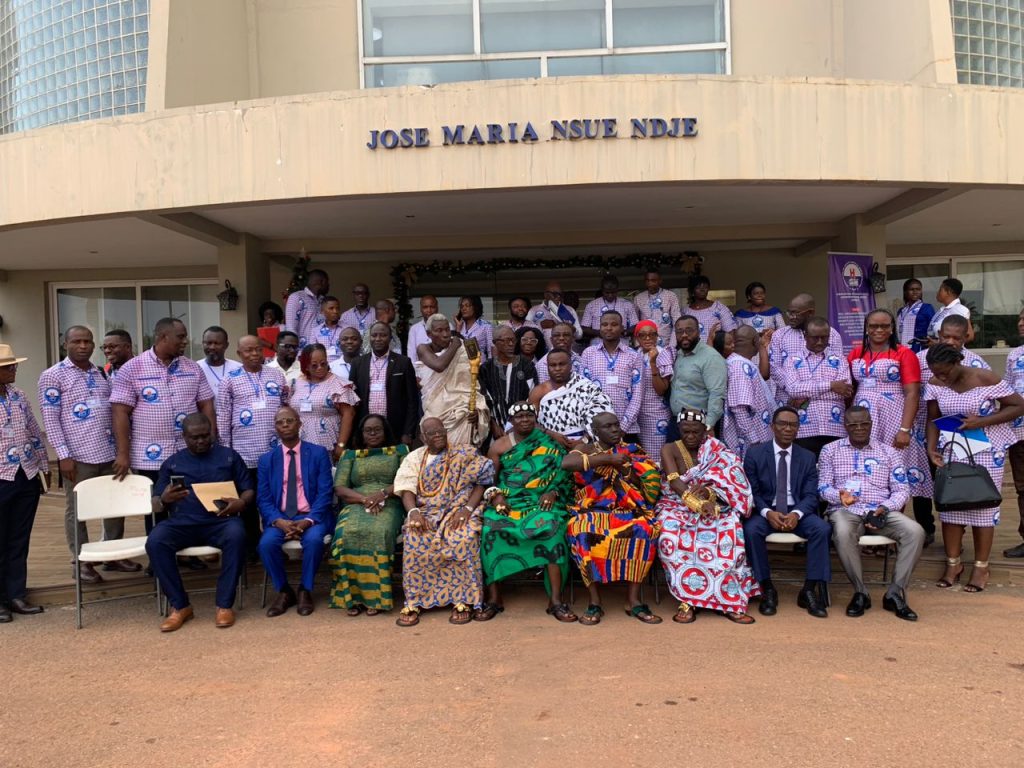By Stanley Senya,
Accra, Dec. 7 – Mr Franklin Owusu Ansah, General Secretary of Health Service Workers Union (HSWU) of Trade Union Congress (TUC), has called on the government o invest in hospital administrators for a vibrant and growth in the health sector with quality healthcare delivery.
He said investing in them would catalyse change and scale up access to essential nutrition, smart curative care, disease prevention, emergency care and mental health services.
Mr Ansah noted that the needs of the health sector were many and multi-faceted, but resources were limited.
This, he said required that choices were made to leverage investments into essential services, key interventions and systems that targeted scalable high-impact, high multiplier areas to deliver valuable benefits.
He made the call at the 46th Annual conference and continuing professional education programme of the Association of Health Service Administrators, Ghana (AHSAG) in Accra.
He said hospital administrators played a crucial role in achieving universal health by analysing the healthcare needs of the population, identified gaps in services, and developed strategies to address them.
“If we push more capital into them they would harmonise agenda between government, private sector, non-state actors, and development partners to upscale service delivery and secure predictable financing for long-term results”, he added.
He said administrators worked hand-in-hand with insurance companies and private sectors, a collaboration that would help to expand healthcare coverage and improve access to services.
Also, it would cement district-level service governance with the district assemblies, and improve inter-sectorial collaboration to synergise resource mobilisation, efficient use and accountability at all levels of service delivery across the country.
The General Secretary of HSWU appealed to government to include hospital administrators in health decision making since they evaluated and analysed data, feedbacks from patients and staff to make informed decisions and implement changes that enhanced the quality and accessibility of care.
“Their leadership, strategic planning, resource management, and advocacy efforts contributed to the goal of providing equitable and affordable healthcare services for all”, he said.
He assured the Association of continuous support from the trade union for better conditions of service for health workers in Ghana.

Mr Fred Effah-Yeboah, President of AHSAG in his remarks said some hospital administrators were struggling to play their roles effectively in their various hospitals due to lack of cooperation and support from stakeholders and sector players.
He urged authorities at the Ministry of Health and its agencies, as well as other health care entities to rally in support of the efforts at growing and developing the Health Service Administration profession.
Speaking on the achievements of the association, he said the association had completed its secretariat office in Dodowa, Accra, which would serve as an office to members.
He said the introduction of the regional caucus parent concept was to relay information to other regions across the country.
Mr Yeboah said the Associations had also finalised and operationalised a welfare policy document to support members in their times of crisis.
He urged the next National Executive Committee (NEC) of AHSAG to operationalise the Institute of Health Administration and Management (IHAM) which had been established by the Association.
GNA